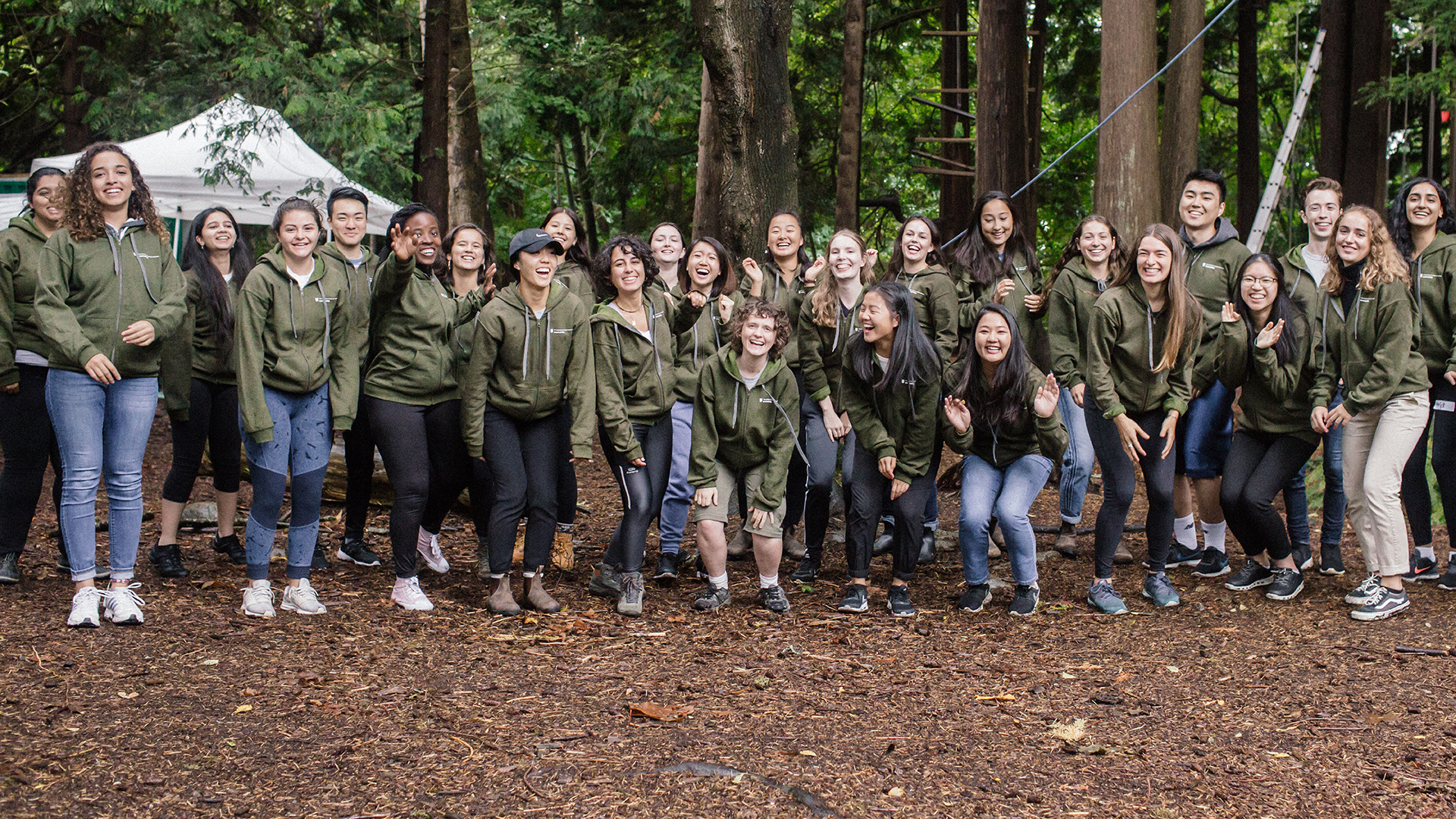Target
By 2030, three quarters (75%) of UBC faculty, staff and students will be aware of UBC’s climate action goals and participating in UBC's evolving and expanding culture of sustainability.
Rationale
UBC’s climate-related engagement and outreach programs have demonstrated successes in reducing energy and emissions from UBC operations through energy conservation initiatives and campaigns delivered by programs including Green Labs, Sustainability Coordinators and UBC residence hall engagement. With the inclusion of extended emissions targets in CAP 2030, new and expanded communications and engagement capacity will be critical to support the UBC community in taking action alongside the university to collectively advance the systemic and social change needed to reach the Paris Agreement target-aligned goals for business air travel, commuting, food, and waste.
Featured Project
A collaboration between Green Labs, the Life Sciences Centre, and Spud (a sustainable grocery delivery company) helped to divert hundreds of gel ice packs from the landfill.
Take Action Now
There’s many ways you can join UBC in taking climate action -- from learning more about the climate emergency and engaging others about climate change to getting involved in creating a vibrant, sustainable campus community.
